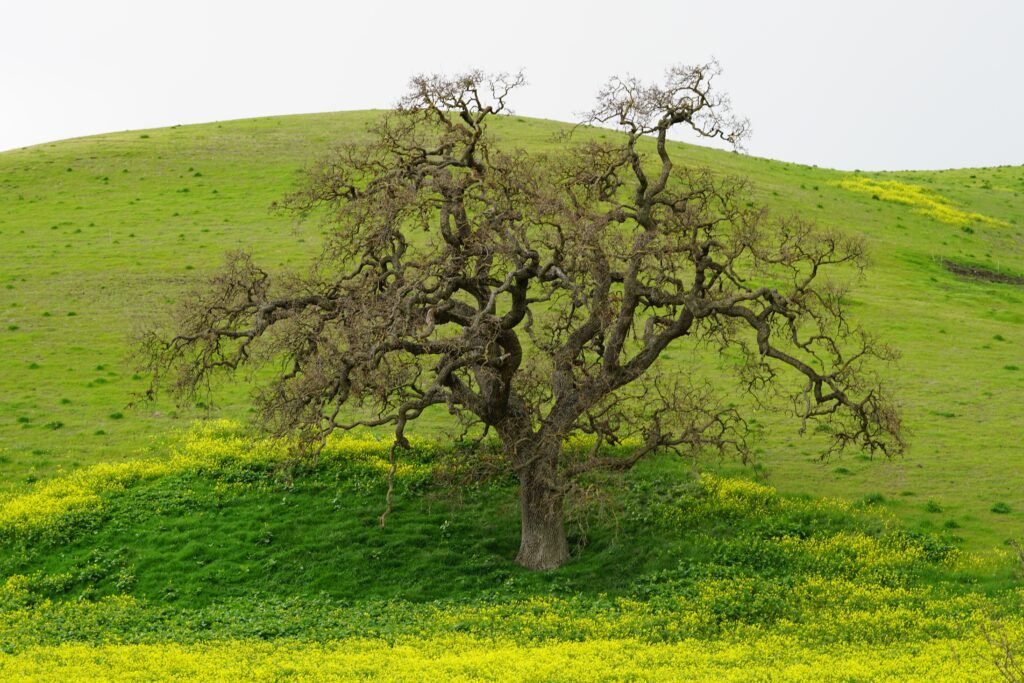 By Cara Garrity, Development Coordinator
By Cara Garrity, Development Coordinator
Lynn, Massachusetts, US
The kingdom of God is like …
When you consider the kingdom of God, what do you imagine it is like? What images come to mind? What hopes?
In the Gospels, we are gifted with several accounts of Jesus talking about the kingdom of God. In Mark 4:30-34 NIV, we find one such parable that Jesus shares.
Again he said, “What shall we say the kingdom of God is like, or what parable shall we use to describe it? It is like a mustard seed, which is the smallest of all seeds on earth. Yet when planted, it grows and becomes the largest of all garden plants, with such big branches that the birds can perch in its shade.”
The kingdom of God is like … a mustard seed?
Here, Jesus is speaking in a parable. Parables are thought-provoking invitations to new insights. They are a dynamic, transformative, storytelling style of teaching. In more current terms, think less instruction manual and more Aesop’s Fables.
So, what can a mustard seed teach us about the kingdom of God?

What would the original hearers of this parable have known about the mustard seed and plant? Mustard seeds are exceedingly small seeds, yet they grow into very large plants. Mustard plants were considered weeds. They were not seeds that were intentionally planted but would grow wild in the mountainside. They certainly would not be planted in any curated garden. The mustard plant is invasive, uprooting any plants growing around it. The mustard plant grows uncontrollably, taking over the space, from a small seed to a large plant.
How might this image of the kingdom challenge our hopes and expectations for the kingdom? For the original hearers of this parable, the image of the mustard seed likely challenged their hope and expectation for the kingdom of God to bring a militaristic victory for the Jewish people over Rome. Their hopes were for a kingdom that was grand, majestic, powerful, and victorious. And instead, Jesus says the kingdom of God is like a mustard seed — an invasive weed. Powerful and disruptive in its own way, but not in the way the people had expected.
What expectations do you hold about the kingdom of God that are challenged by the image of a kingdom like a mustard seed? Personally, in agricultural terms, I would expect the kingdom of God to be more like a finely curated garden. Perfect. Predictable. Controlled. And yet, we are told the kingdom of God is like a mustard seed. Wild. Unpredictable. Invasive. Persistent. Maybe the kingdom of God is not “perfect” in the ways that I had imagined. Maybe the kingdom of God is not predictable and controllable in human terms. Maybe it is like the mustard seed.
What else does this image offer to us? The kingdom of God is reliable and dependable in its growth. The nature of the kingdom is to grow; it doesn’t need to be begged, coaxed, or convinced. It is not our responsibility to expand the kingdom of God. It is the nature of the kingdom to expand. Like the mustard seed, a “little bit can go a long way.”
The kingdom of God may appear in ways that are unexpected, or even undesired. It may grow in ways that uproot our finely curated plans. It may expand into places we never thought possible. The Kingdom is invasive; it can grow anywhere. We can expect the kingdom to be near in unexpected places.
The kingdom of God is near. It has been unleashed in our midst, and it cannot be tamed. It is tenacious, it is alive, it is self-determined, dynamic, and ever expanding. We can rest assured that the kingdom of God is like a strong plant that cannot be deterred in its growth.
Holy Spirit, draw us into greater awareness of the presence and growth of the kingdom around us. Attune us to the unexpected ways the kingdom shows up. Challenge our own hopes and desires for the kingdom and replace them with your vision. Show us what your kingdom is like. Amen.
The kingdom of God is like … a mustard seed.



Please note that comments are moderated. Your comment will not appear until it is reviewed.